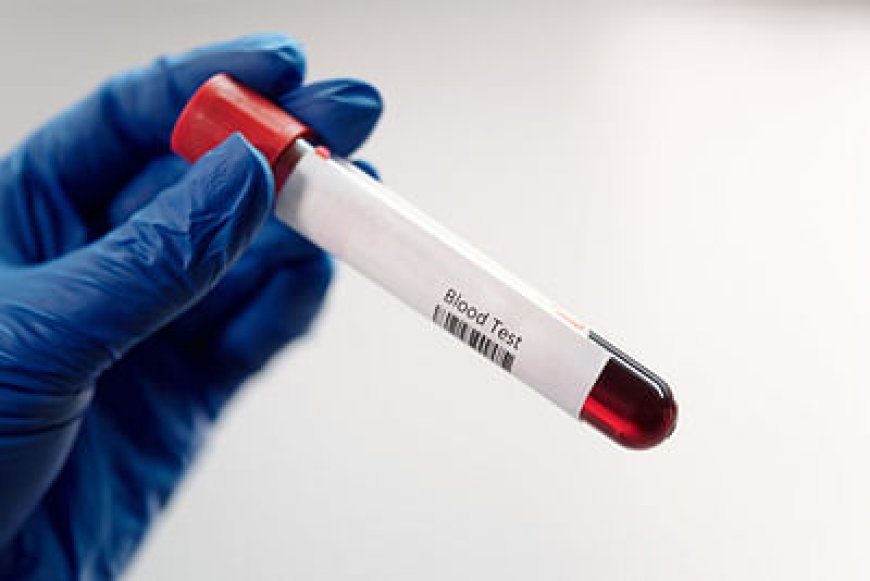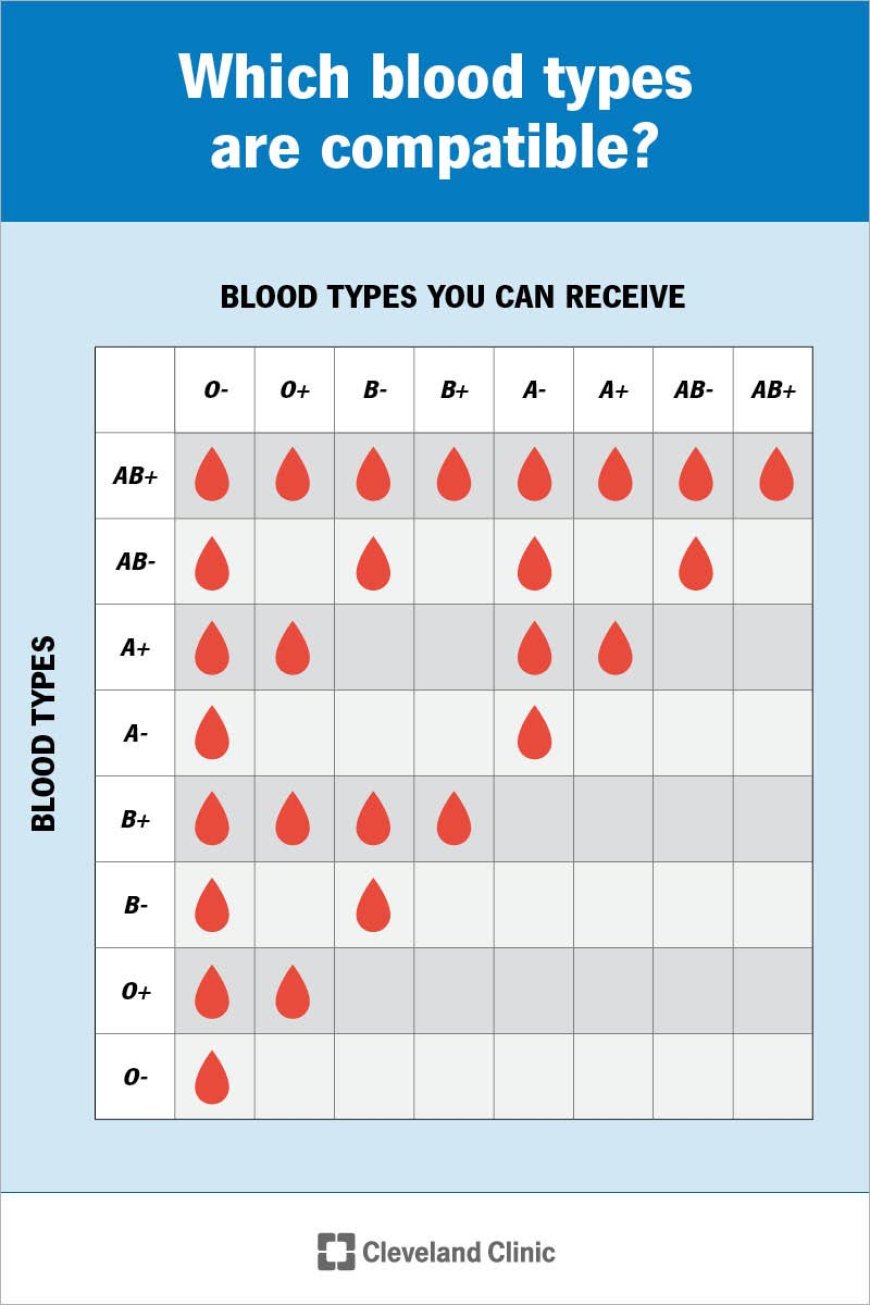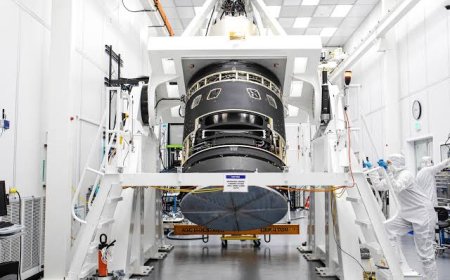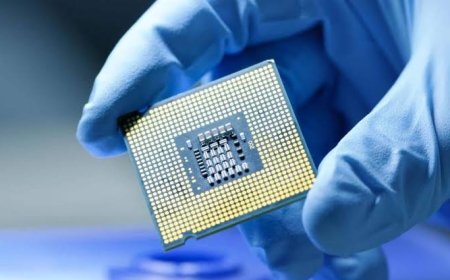Does blood type change after becoming an adult?

Our blood grouping system is ABO system. One's blood type depends on the antigens present on the surface of the red blood cells and the antibodies present in the plasma. Suppose the antibody present in your plasma is b, this means that you will not have antigen B on the surface of your red blood cells, only antigen A. Your blood group will be A. Similarly, if there are a antibodies in the plasma, the red blood cells will not have the A antigen, only the B. Your blood group will be B. If there are no antibodies in the plasma then the red blood cells will have both A B antigens, blood type AB. If both antibodies are present in the plasma, the red blood cells will be antigen-free, blood group O.

Now this blood type usually stays the same in a person for life. In some rare cases the blood group may change. For example:
Bone Marrow Transplantation: Where does blood originate in our body? from bone marrow. Red, white or peripheral blood cells are all produced in the bone marrow. In leukemia patients, this bone marrow is not healthy. As a result, they often need bone marrow transplants. If the factory of blood production changes, the blood group produced will also change. This is normal.
Massive blood transfusions: Sometimes a person with A, B, or AB groups can receive blood from a universal donor O when there is a massive blood loss in an accident. As a result, the groups look different in blood tests for a short period of time. But within a few days, new blood from the bone marrow replaces the extra blood, and the patient's blood type returns to normal.
Bacterial Invasion: Bacterial infection in the intestine causes the production of an enzyme that converts A blood group components into B blood group components. That is, the blood group of the patient changes. It only occurs in patients with type A and their new blood type is B, so it is called "acquired B phenomenon". This phenomenon also occurs in colon cancer or sepsis.
Finally, it can be said that blood group change is not so easy. It doesn't happen often. This can happen in rare diseases and genetic conditions. But that is very less. Many people say, "What my blood type was in childhood, I don't have after growing up", this is actually a misconception. Blood group has no relation with age Either he did not know what his blood type was as a child, or there was an error in the blood type determination. Blood type never changes in adulthood.
















































